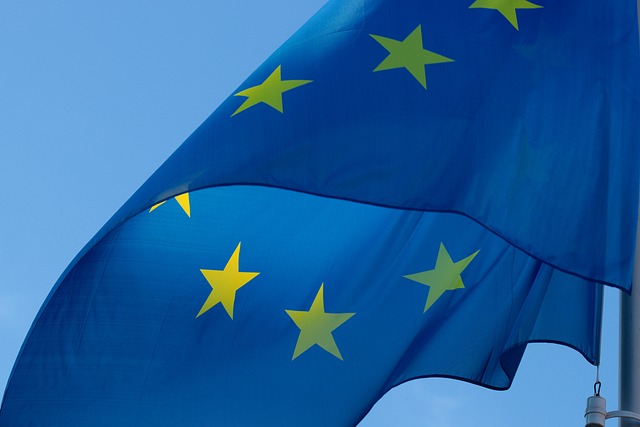The EU’s Digital Services Act has gone into force on the continent. It will mandate certain online companies to drastically improve their privacy policies and regulate their AI.
While these restrictions do not apply in the United States, the EU is such a large market that its restrictions could be implemented at home. The new law will be even more struct than the General Data Protection Regulation passed in 2018. The Verge explains:
The European Union’s Digital Services Act (DSA) has officially gone into effect. Starting on August 25th, 2023, tech giants like Google, Facebook, Amazon, and more must comply with sweeping legislation that holds online platforms legally accountable for the content posted to them.
Even though this new law was passed in the EU, we’ll likely see far-reaching global effects as companies adjust their policies to comply. Here’s what exactly the DSA does and how the EU plans on enforcing it.
The law will cover 19 companies who have more than 45 million monthly users in the EU. Those include Big Tech companies such as Google and its subsidiary Youtube, Twitter/X, and Microsoft’s LinkedIn to name a few. Hurriyet Daily News reports:
Meta, owner of Facebook and Instagram, said users can opt out of its artificial intelligence ranking and recommendation systems that determine which Instagram Reels, Facebook Stories and search results to show. Instead, people can choose to view content only from people they follow, starting with the newest posts.
Search results will be based only on the words they type, not personalized based on a user’s previous activity and interests, Meta President of Global Affairs Nick Clegg said in a blog post.
The targeting of only the largest companies will relieve smaller competitors of burdensome compliance costs. While the US Congress is looking to pass Big Tech regulations of its own, it is far behind the EU.
READ NEXT: Congress Takes Fight to Big Tech









